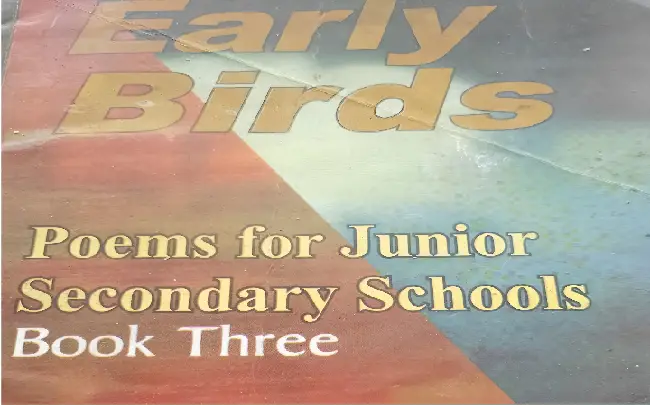When Was I Your Man is a single love poem by Yusuf Ramon that narrates a short tale on one-sided love (I love you but you do not love me back poem). The poem is a sad one since one of the characters was left heartbroken and disappointed at the end. It also looks to correct the misconception people have when others are only being nice towards them.
I hope you enjoy it.

When Was I Your Man By Ramon Yusuf
When You smiled, I smiled
I showed empathy as a human
You think I have fallen for you
Whereas I was only being nice
I thought we were friends
I will love to keep it so
Taking things to another level
Might mark the dawn of trouble
I know it hurts
To be ignored by who one loves
But a relationship should be mutual
To ensure it lasts forever
You have to let go
You have to release me
You have to forgive me
And free me from this bondage
Do not say I hurt you
Do not portray me as a bad person
Because the last time I checked
I could not figure out when I became your man
When Was I Your Man: Poem Analysis
The poem explores themes of misunderstanding, unrequited love, and the importance of mutual consent in a relationship. It begins with the narrator addressing someone, likely a friend or acquaintance, who has misinterpreted their kindness as romantic interest. The opening lines, “When You smiled, I smiled / I showed empathy as a human,” emphasize the idea that the narrator’s actions were simply rooted in basic human decency and friendliness. They never intended to lead the other person on.
It further delves into the confusion felt by the narrator as the other person assumes a romantic connection that the narrator does not share. This misunderstanding creates discomfort for both parties, as the narrator believes they are just friends and doesn’t want to take their relationship to a romantic level. The line, “Taking things to another level / Might mark the dawn of trouble,” highlights the narrator’s apprehension about complicating their friendship.
The poem then touches on the pain of unrequited love and the difficulty of letting go. The lines, “I know it hurts / To be ignored by who one loves,” show empathy for the other person’s feelings but also underline the narrator’s position—they never intended to be in a romantic relationship. The poem conveys the importance of mutual consent in any relationship, emphasizing that both parties must be on the same page for it to work.
The plea for release and forgiveness, “You have to let go / You have to release me / You have to forgive me,” showcases the narrator’s desire to maintain the friendship without further complicating it. They don’t want to hurt the other person but need them to understand that their feelings are not reciprocated romantically.
In the closing lines, the narrator asks the other person not to vilify them or cast them as the “bad person” because they never intentionally led them on. The poem concludes by highlighting the narrator’s confusion, emphasizing that they never understood when they became “your man,” reinforcing the idea that the misinterpretation was unintentional.
Overall, “When Was I Your Man” explores the complexities of human emotions, misunderstandings in relationships, and the need for clear communication and mutual consent in matters of the heart.




